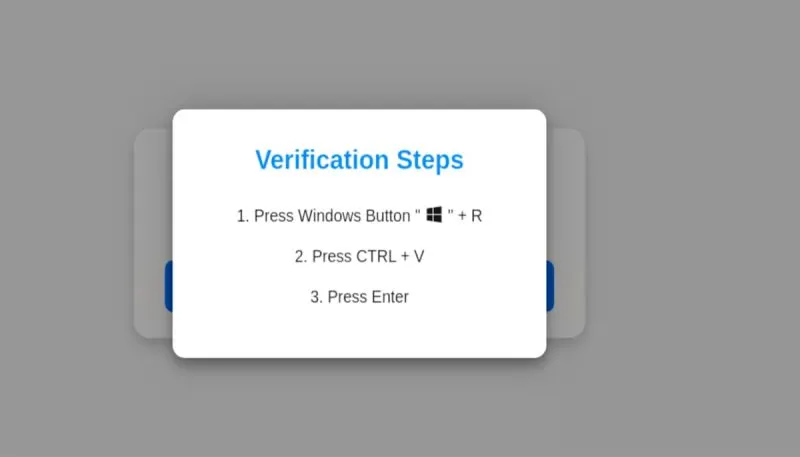Is Kenya Ready For Electric Vehicles?

The global shift toward electric vehicles (EVs) is accelerating, with countries adopting policies to promote sustainable transportation. In Kenya, the conversation is gaining momentum, but is the country truly ready for this transformation? Let’s explore the opportunities and challenges in Kenya’s journey toward embracing electric mobility. But first, why should one consider an EV?
WHY SHOULD ONE HAVE AN EV?
I will explain this without politicizing the topic as much as possible:
- Instant torque: the old days of electric cars being slow is over. EVs benefit from instant torque which makes it easier to navigate in town where one may need to accelerate and break quickly.
- Silent driving experience: for those who enjoy some peace and quiet, EVs provide an almost silent driving experience because they have no engine
- Extreme efficiency: for the engineering heads reading this, EVs have an average efficiency of 90% while internal combustion vehicles waste 60% - 80% of their energy as heat.
- Clean running: EVs do not emit any smoke when running which will reduce air pollution in towns like Nairobi. And there's no arguing that we'll all benefit from cleaner air in Nairobi
- No worries in traffic: If you are stuck in traffic, don't worry, you're not consuming any petrol or diesel which saves you some money.
- Lower maintenance: EVs have fewer moving parts so less stuff to go wrong. No gearbox, no engine, no engine oil or oil change service to worry about. Just occasional maintenance of motors, battery and brakes.
source: Car and driver
Opportunities for EV Adoption in Kenya
-
Abundant Renewable Energy Kenya generates over 75% of its electricity from renewable sources like geothermal and wind, providing a clean energy base to support EV charging infrastructure
-
Environmental Benefits EVs can reduce air pollution in urban areas like Nairobi and align with Kenya’s climate change commitments.
-
Private Sector Initiatives Companies like BasiGo and Roam are pioneering EV solutions with electric buses, motorcycles, and charging stations, showing a growing demand.
-
Reduced Fuel Dependency EVs could help Kenya reduce reliance on imported fuel, stabilizing transportation costs.
Challenges to Overcome
-
Limited Charging Infrastructure Charging stations are sparse, especially outside major cities.
-
High Costs EVs are expensive compared to second-hand vehicles, which most Kenyans rely on.
-
Battery Recycling Kenya lacks a robust framework for recycling or disposing of EV batteries.
-
Grid Stability While Kenya has ample renewable energy, the grid may struggle to meet increased demand.
-
Public Awareness Many Kenyans are unfamiliar with EV benefits, requiring education to shift perceptions.
- Limited maintenance professionals: Unless you enjoy 800 Volts coursing through your body it's best to look for a professional to do battery maintenance on your EV and currently, there are very few.
What Needs to Be Done?
-
Government Support Incentives like tax breaks and subsidies for EVs and charging equipment can accelerate adoption.
-
Infrastructure Development Public-private partnerships can expand charging networks, including fast chargers along highways.
-
Local Manufacturing Supporting local assembly of EVs can reduce costs and create jobs.
-
Awareness Campaigns Public education on EV benefits and cost savings is essential.
-
Battery Management Developing recycling systems will ensure sustainability.
Kenya has the potential to lead EV adoption in Africa, leveraging renewable energy and private sector interest. However, challenges in infrastructure, affordability, and public awareness need addressing. With the right strategies, Kenya can pave the way for a sustainable transportation future.
So, is Kenya ready for EVs? Not yet. Stick to hybrids for efficiency as of now. Or if you want the EV experience with no hybrid, look for a series hybrid vehicle (these are vehicles that use engines as a generator and the battery and motors power the wheels)
source: Kai and Karo | Nissan note E-power is an example of a series hybrid vehicle





















Comments